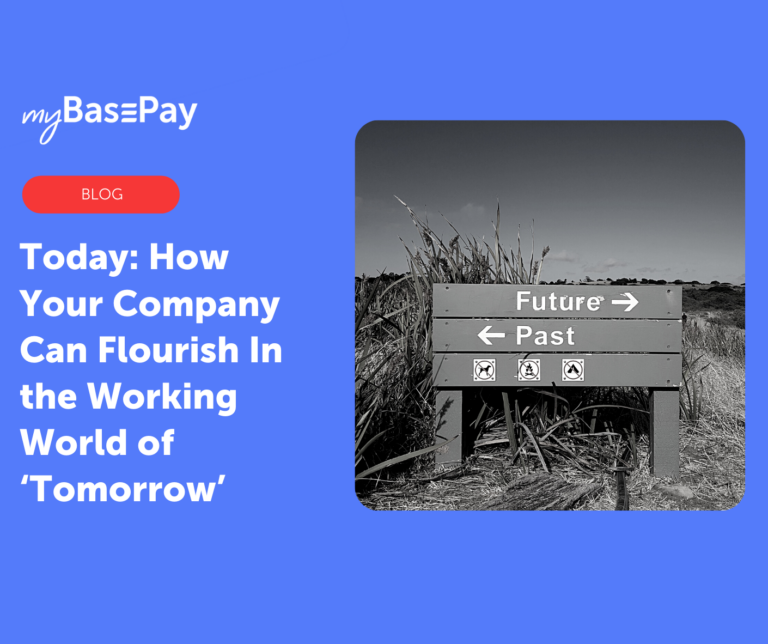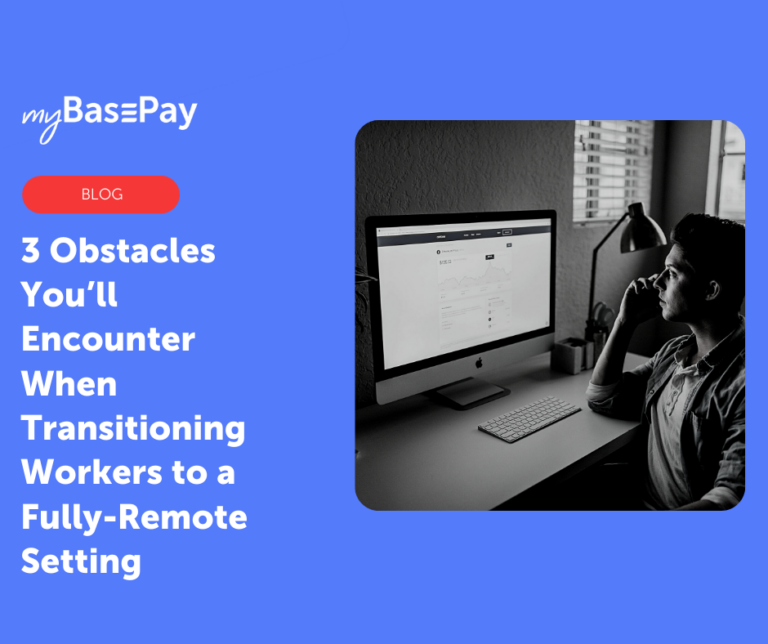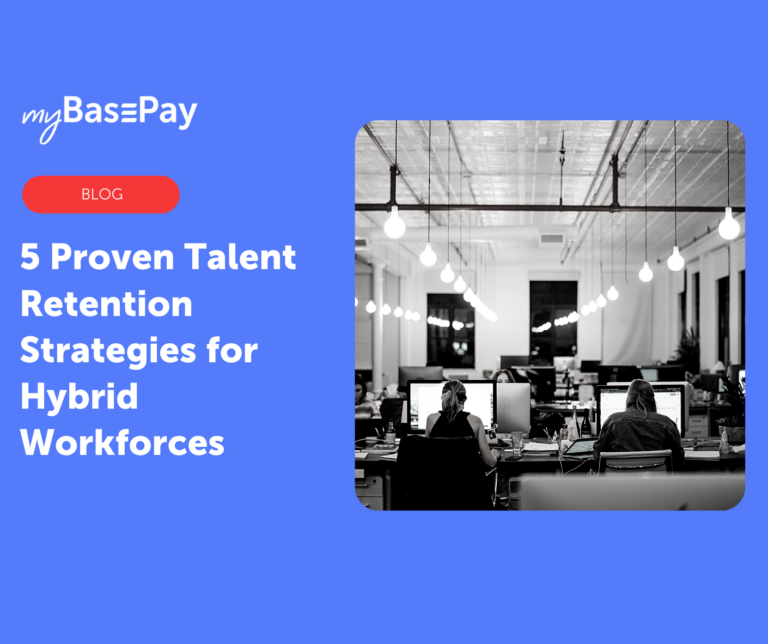Why the DE&I Factor Is So Critical In Today’s Evolving World of Work
Diversity isn’t just a buzzword or talking point. In today’s evolving world of work, a focus on diversity, equity, and inclusion (DE&I) has become increasingly recognized as a vital component for any organization’s success.
While DE&I has indeed received greater attention in light of the charged events of 2020, it is more than just a way of checking off the “corporate social responsibility” box. In reality, DE&I initiatives represent an all-encompassing method of changing the workplace, especially by breaking down barriers that may have existed in the past.
It is also worth noting that diversity, equity, and inclusion are not different words for the same thing. Businesses must formulate specific strategies to ensure each of these components is addressed appropriately in their hiring practices and their company culture.
Diversity
In a broad sense, diversity is the practice of involving employees from a variety of backgrounds. This doesn’t just refer to racial or ethnic diversity. It can also include gender, religion, socioeconomic background, and other factors.
Diversity efforts have often been held back by an organization’s tendency to hire people who look and think as they do — something that can occur both intentionally and subconsciously. But diversity addresses more than just superficial differences.
Embracing diverse backgrounds and cultures brings new perspectives that a company might not have gained otherwise. By emphasizing diversity, a business can expand whom it hires to find better talent.
Talent is the most significant competitive differentiator a company can have. Research from McKinsey shows how diversity can directly impact the bottom line: racially and ethnically diverse teams outperform their competitors by 35 percent. In comparison, gender-diverse teams outperform industry medians by 15 percent.
In addition to improving workplace performance, diversity also makes a business more attractive to prospective talent, particularly among younger generations. A glassdoor survey found that 76 percent of job seekers consider workplace diversity a key priority when evaluating a potential employer.
Unsurprisingly, workforce diversity is critical to underrepresented groups, with significant percentages of racial and sexual minorities reporting they wouldn’t even apply for positions with a non-diverse company.
Equity
While many business owners are familiar with the idea of diversity, equity in the workforce is a somewhat newer idea. An emphasis on equity illustrates the ongoing transformation taking place in the world of work.
In simple terms, equity means that everyone within your organization has fair opportunities and resources. There is a level playing field for each employee or contingent worker in your organization, regardless of their background. Everyone is treated in a way that accounts for potential needs related to their backgrounds, such as ethnicity, gender, or disability.
This doesn’t mean that everyone is treated the same.
Equitable treatment aims to compensate for some employees’ disadvantages that would otherwise limit their work experience. For example, a single mother might be given greater flexibility in working remotely so she could balance childcare needs. Non-native English speakers could be given equity-focused training to help address potential skill gaps.
By fully committing to equity as part of DE&I initiatives, businesses prioritize each worker’s expertise and unique skill sets. Race, gender, and other identifiers aren’t used as an excuse to deny growth opportunities. Each person is given a chance to reach their full potential within your organization to become a more significant contributor to company growth.
Vital equity initiatives help prevent dissatisfaction and attrition among minority groups. This includes addressing forms of indirect discrimination, where a business may inadvertently fail to address the needs of diverse individuals through workplace rules or hiring practices. Without a focus on equity, companies won’t reap the potential benefits of a diverse workforce.
Inclusion
While closely related to equity in many ways, inclusion is still its distinct element. An inclusive work environment helps every individual feel respected, valued, and supported, regardless of their background.
A comprehensive survey from the Harvard Business Review found that worker sentiment regarding inclusion largely depends on how a business fits within seven factors: providing fair treatment, integration of and respect for differences, fair and equal consideration in decision-making, psychological safety, trust, belonging, and diverse management.
The more that employees feel that a workplace delivers on these factors, the more inclusive the business. Inclusiveness ultimately helps foster an environment where workers are happy and productive. They feel like their opinions matter and that they are valued as human beings.
In the wake of the global COVID-19 pandemic and its fallout, inclusivity must also extend to mental health and wellness issues. Understanding and adapting to the way the pandemic has affected different team members — as well as how your business operates — is key to ensuring that all staff members feel valued.
Inclusion gives every employee a voice. It ensures that other DE&I efforts don’t fall into tokenism, where they superficially support diversity without achieving actual progress. By providing that you can attract and retain diverse talent with meaningful inclusion efforts, you deepen your talent pool like never before.
Building a Better Workforce Through DE&I Initiatives
When a company prioritizes DE&I initiatives in its hiring and retention practices, it sets itself up for long-term success. Onboarding individuals from diverse backgrounds — and creating a workplace environment where they can thrive — allows a company to bring new and innovative talent to the forefront.
Research from The Future of Work reveals that 94 percent of businesses are becoming more inclusive and flexible, while 62 percent are making DE&I a key component of future innovation plans. Sixty-five percent even plan to create a “Chief Diversity Officer” position. If you aren’t prioritizing DE&I, you can be sure your competition is.
Regardless of whether your business works with independent contractors, full-time employees, or a mix of employees, making DE&I a priority will be vital in attracting and retaining top talent in the future. The time to make these critical initiatives a core tenant of your workplace strategy is now.
Author: Cesar Romero
Cesar is the Head of Marketing at myBasePay, where he’s responsible for overseeing the company’s content marketing, community, and partnerships strategy. He also co-hosts The Ivy Podcast where he interviews executives from Fortune 500 companies on executive leadership. When he’s not helping startups with marketing and community strategy, you can find him paying it forward by serving as a mentor for leading organizations like StartingBloc, Hive, and Global Citizen Year.






